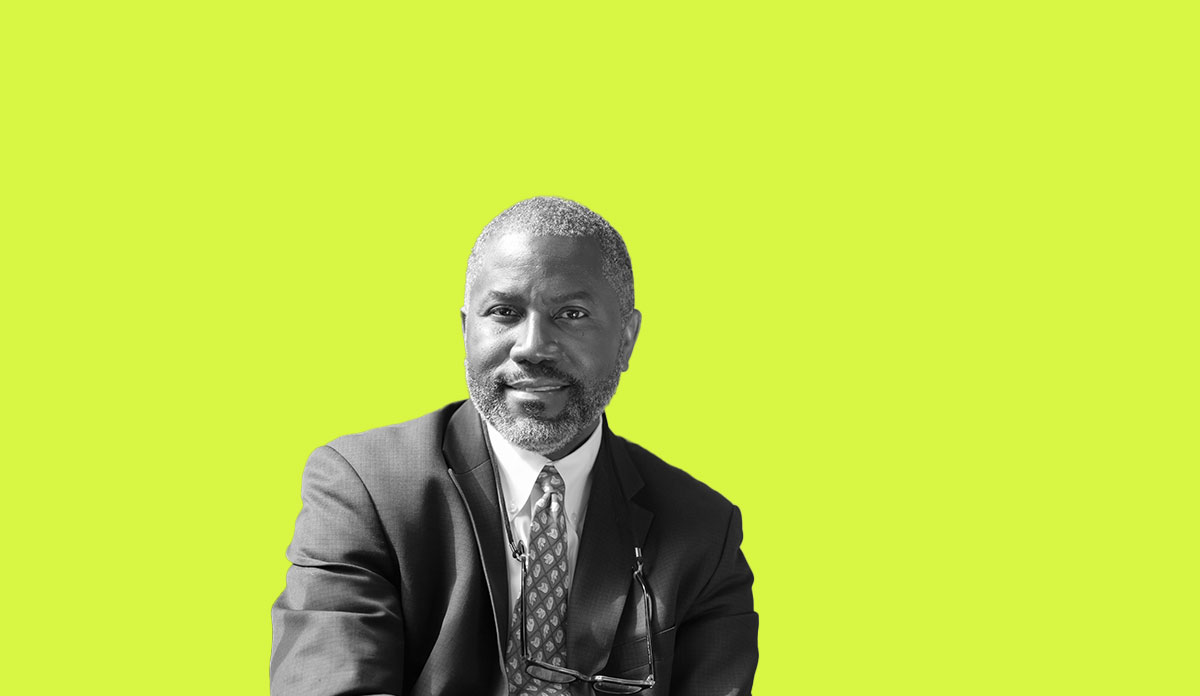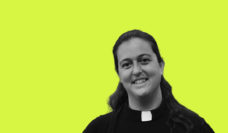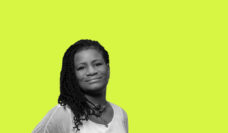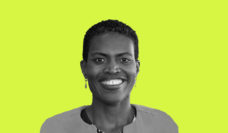What are the major public health concerns of the American Enterprise Institute? What issues have been under studied and what do you think should be the focus in the future?
I see a lot of parallels between issues facing public education and issues facing public health in that we are often collectively focused on symptoms rather than causes. A lot of my work is focused on trying to understand where do we find consistently the best examples of incredible health or educational outcomes. We rarely ask, what are the factors that drive those situations? One of the biggest factors is the stability and structure of families in which kids are raised.
The things that seem to matter most to health outcomes are: One, are our children being born and raised in strong, stable families, with married parents? Two, are they part of a strong faith community? Three, have they had access to strong educational options or educational freedom?
Family formation by far is the most important factor, ultimately driving health outcomes, education outcomes, crime outcomes.
Can you expand on what educational freedom means?
Educational freedom is when individual parents have the ability to use their resources to choose whatever schooling environment they want for their child.
Lack of educational freedom is one of the most fundamental challenges facing our country. Education freedom allows better education and better access to health outcomes, just a better life overall.
You are a co-founder of Vertex Partnership Academies. What makes it different from other charter and public schools?
What makes Vertex Partnership Academies unique is that as an International Baccalaureate high school, it offers a world class curriculum that you almost never find in low-income schools and is usually preserved for private schools. We are trying to demonstrate that we can bring a world class curriculum to students in the toughest circumstances.
At the end of 10th grade, students will be able to choose either the International Baccalaureate Diploma Pathway, which is a more traditional college pathway. Or they’ll be able to choose the International Baccalaureate Careers Pathway. If you choose that pathway, you would do an apprenticeship in a particular industry area.
For a long time, we as a nation have had the college-for-all mentality. I used to be that person as well, but it’s quite clear that college is not necessarily the best answer for all kids leaving high school. There are lots of other pathways that are just as respectable.
What are your hopes for a graduate from Vertex?
My hopes are that they have choice in their pathways. That they have agency. That they understand the likely rewards or consequences associated with different series of life decisions. For example, there is something called the “success sequence,” which says that if a young person finishes their high school degree, then gets a full-time job, and if they have children after marriage, 97% avoid poverty and 86% enter the middle class or beyond.
We want our students to feel they have a good sense of what their life course could be. And that they’ll be empathetic, intelligent leaders who care about the world, care about their role in it. That they understand the strong power of forming a strong family and developing a personal faith commitment. That they will hopefully have benefited from having access to a strong education and that they will also pursue entrepreneurship.
What are the next challenges in education in the U.S.?
One of the biggest challenges we face in education is one we face as a country: we’re constantly divided by groups, one pitted against another. For example, instead of being obsessed with excellence for all, we seem to be only interested in equity between groups, which is not the same as excellence for all.
In education, for example, we want to close racial achievement gaps. Well, it turns out that only 37% of all kids in our country are reading at grade level. Something like only 44% of all White kids in our country are reading at grade level based on the National Assessment for Educational Progress. Closing gaps or achieving racial equity just means universal mediocrity. I think we have to move away from this idea of outcomes by group or equity by group and shift instead to excellence for all.
Rowe is appearing on Monday, Nov. 14, at 1 p.m. as a part of the Challenging Public Health series hosted by the Boston University School of Public Health. Register or view the recording here.
Photo provided














